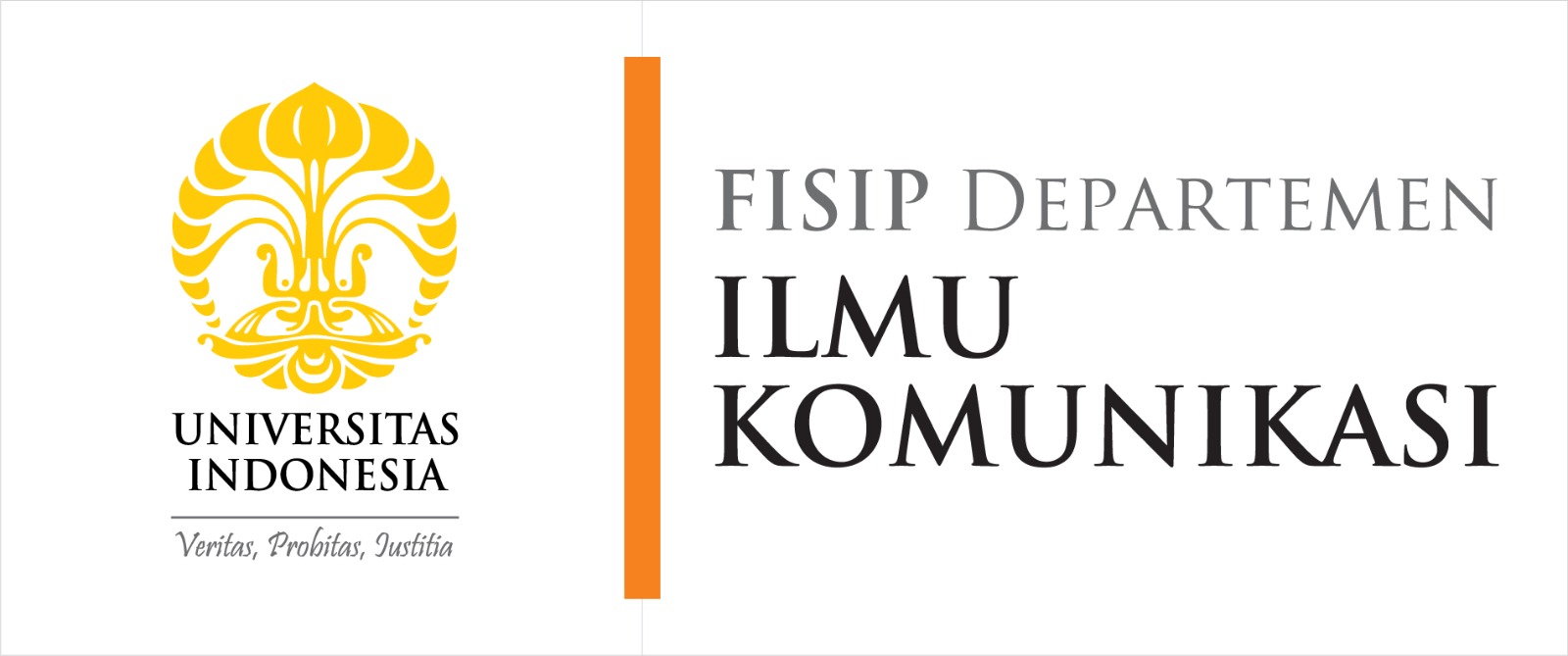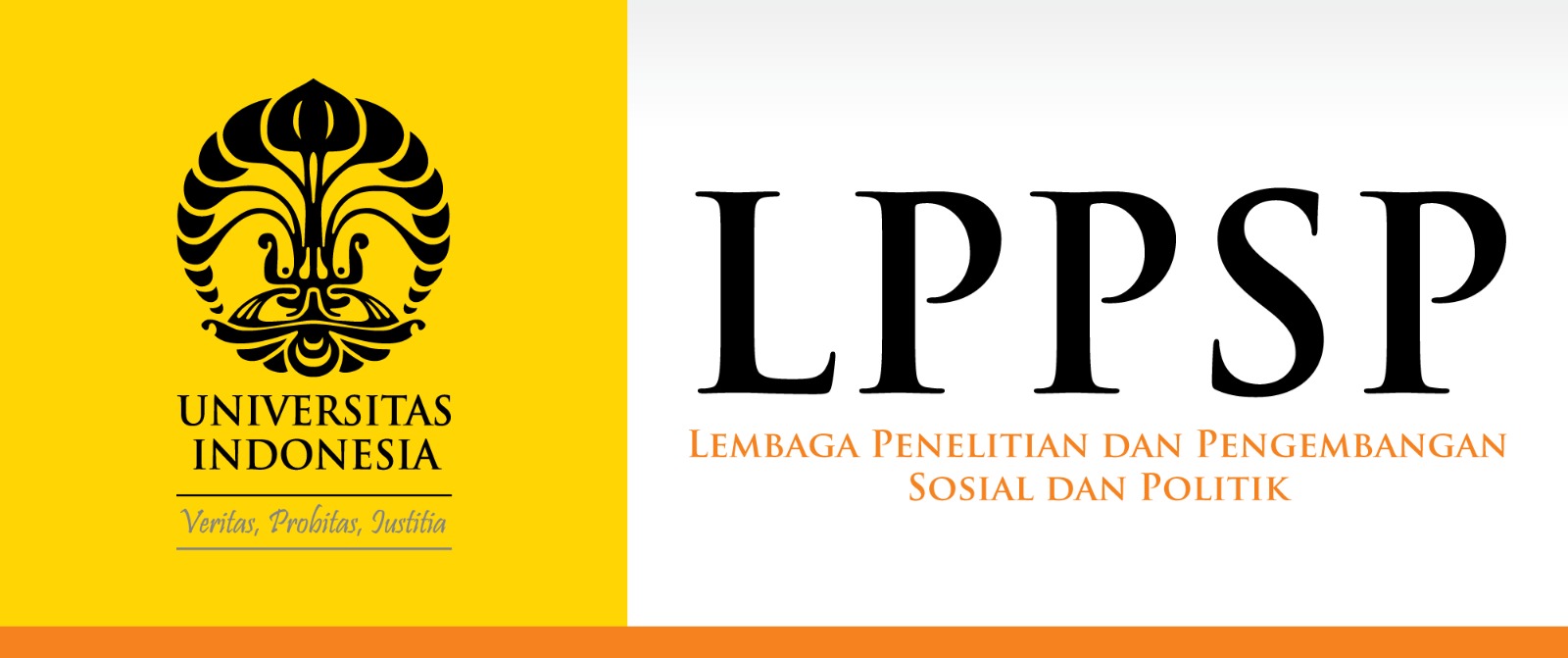JURNAL KOMUNIKASI INDONESIA
Abstract
The population of Hispanic-Americans living in Asia is growing, but there is still a lack of knowledge about their nationalities or cultural background. Past studies and academic research are often too broad as they consider all expatriates as virtually the same. This article will fill this gap by focusing specifically on people originating from Central and South American countries and examining the challenges and adjustment difficulties they face during their assignments overseas. The research was conducted by using a qualitative methodology, hence, in-depth interviews as well as informal conversational interviews were jointly used as methods of data collection, along with theories such as U-curve theory and push-pull theory. The findings indicate that companies need to have a design strategy and full involvement both prior and during the expatriation process, as well as upon repatriation. In addition, it was found that better mechanisms in relation to cross cultural training, good orientation and improved organizational communication for expatriates and their families will enhance their adaptability to and familiarization with the host country environment, which will, in turn, ensure a successful overseas assignment.
References
Black, S. (1990). Locus of Control, Social Support, Stress, and Adjustment in International Transfers. Asia Pacific Journal of Management, 7 (1), 1-29.
_______. & Gregerson, H. (1999). The Right Way to Manage Expats. Harvard Business Publishing. Retrieved 22/06/18 from: https://hbr.org/1999/03/the-right-way-to-manage-expats.
Boyce, C., & Neale, P. (2006). Conducting Indepth Interviews: A Guide for Designing and Conducting Indepth Interviews for Evaluation Input. Pathfinder International, 2, 3-6.
Burgess, T. (2016). International Assignment Failure and Tracking Methods. Forum Expatriate Management. Retrieved 20/05/18 from: https://www.forum-expat-management.com/users/18563-tim-burgess/posts/11414-international-assignment-failure-and-tracking-methods
Carriker, B. (2012). Employee Relocation Benefits Everyone. Retrieved 23/05/2018 from: https://adaptingabroad.com/news/relocation-news/employee-relocation-benefits-everyone
Cohen, D., & Crabtree, B. (2006). Informal Interviewing. Retrieved 14/01/2018, from: http://www.qualres.org/HomeInfo-3631.html
Cooper, D. (2011). Crossing Cultures: A Qualitative Study of Expatriate Experiences with Mentors during International Assignments. Doctoral Dissertation. University of Minnesota.
Dabbah, M. (2016). What is Cultural Sensitivity?. Retrieved 19/07/17, from: http://redshoemovement.com/what-is-cultural-sensitivity/
Denzin, N & Lincoln, Y. (2005). Handbook of Qualitative Research. Second Edition. London: Sage Publications.
Fath, C, Bartol, K, Shapiro, D & Shin, J. (2010). Networking Abroad: A Process Model of How Expatriates Form Support Ties to Facilitate Adjustment. The Academy of Management Review, 35 (3), 434-453.
Fechter, A. (2001). Transnational Lives and Their Boundaries: Expatriates in Jakarta, Indonesia. Doctoral Dissertation. University of Hull, England.
Foley, A. (2012). U-curve? Maybe Not. Retrieved 19/07/17, from: https://iwasanexpatwife.com/2012/08/06/u-curve-maybe-not/
Gill, P., Stewart, E., Treasure, K., & Chadwick, B. (2008). Methods of Data Collection in Qualitative Research: Interviews and Focus Groups. British Dental Journal, 204 (6), 291-295.
Global Relocation Trends. (2012). 2012 Survey Report. Retrieved 24/06/2018 from: http://ivemadeit.com/pdf/2012-Brookfield-Global-Relocations-Trends-Survey.pdf
HSBC. (2013). Indonesia Report. Retrieved 24/05/2018 from: https://www.expatexplorer.hsbc.com/survey/country/indonesia/report
IDR Institute. (2014). DMIS. Retrieved 19/07/17, from: http://www.idrinstitute.org/page.asp?menu1=15
Kirkman, M. (2006). What is an Informal Interview and How to Approach it. Retrieved 14/01/2018, from: https://workbloom.com/interview/interview-types-best-way-approach-informal-interview.aspx
Klaff, L. (2002). The Right Way to Bring Expats Home. Workforce, 1, 40-44.
Ko, H & Yang, M. (2011). The Effects of Cross-Cultural Training on Expatriate Assignments. Doctoral Dissertation. Chang Jung Christian University, Taiwan.
Loeve, M. (2013). Addressing Expatriate Loneliness. Doctoral Dissertation. University of Humanities in Utrecht, Netherlands.
Onley, D. (2014). Avert Assignment Failure: Support Spouses in Overseas Relocations. Society for Human Resource Management, 1-14.
Plessis, A & Beaver, B. (2008). The Changing Role of Human Resource Managers for International Assignments. International Review of Business Research Papers, 4(5), 166-181.
Pokharel, B. (2016). Triumph over Failure of Expatriate in an International Assignments from the International Human Resource Management Perspective. Doctoral Dissertation. Kathmandu University School of Education, Nepal.
Tung, R. (1981). Selection and Training of Personnel for Overseas Assignments. Columbia Journal of World Business, 16, 68–78.
Vojinic, P, Matic, M & Becic, M. (2007). Challenges of Expatriation Process. Doctoral Dissertation. University of Dubrovnik, Croatia.
Williams, C. (2007). Research Methods. Journal of Business & Economic Research, 5 (3), 65-72.
Recommended Citation
Cordovez, Ana Cristina Valdez
(2018)
"Intercultural Orientation and Support When Living as a Hispanic-American Expatriate in Jakarta,"
JURNAL KOMUNIKASI INDONESIA: Vol. 7:
No.
1, Article 2.
DOI: 10.7454/jki.v7i1.9697
Available at:
https://scholarhub.ui.ac.id/jkmi/vol7/iss1/2
Included in
Gender, Race, Sexuality, and Ethnicity in Communication Commons, International and Intercultural Communication Commons, Social Influence and Political Communication Commons




